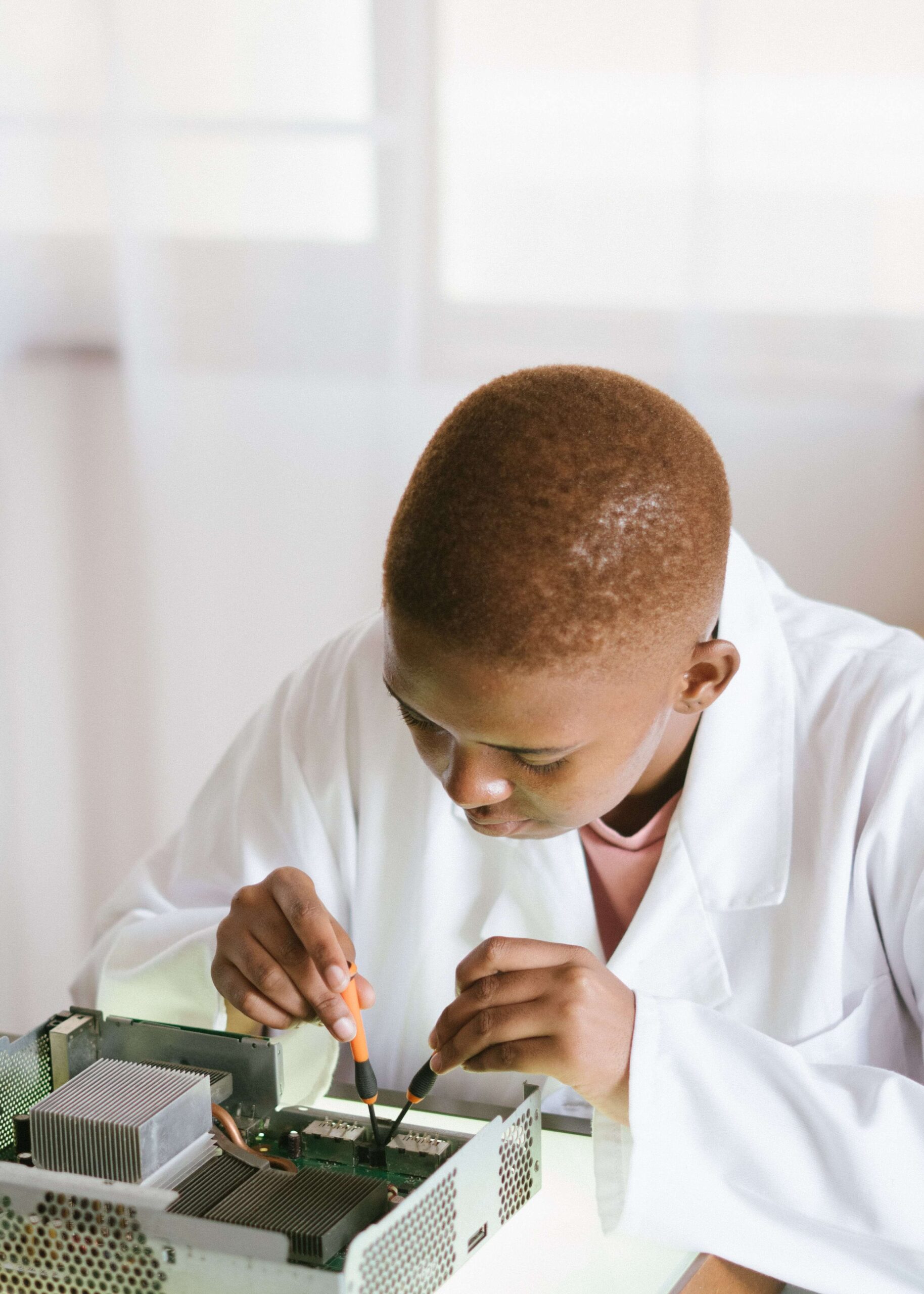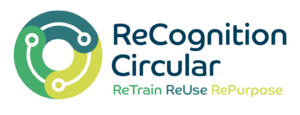
Our Mission
ReCognition Circular’s mission is to substitute the energy and resources that go into making computers with human resource in order to reduce waste of people and planet. With skills and training, individuals currently excluded from the workforce can contribute to making IT more sustainable and to making their lives more fulfilling. We recognise that by working in the right circles we can make a difference to people, to planet and to the communities we live in.
Why This is Needed
Economic progress globally has been fuelled by mass consumption based on a linear economy model. Whilst this has lifted huge numbers of people out of poverty and has undoubtably improved lives, it has come at a huge cost to the natural environment. The pendulum is now swinging in the other way. Rather than a rising tide lifting all boats, inequality in wealth, health and life chances is now greater than it has ever been. As the planet warms, it is the poor who suffer the worst effects of climate change.
Enough to Go Around
According to the United Nations, there are now over 8 billion people on the planet. This is an increase of 1 billion people since 2010 and 2 billion since 1998. The world’s population is expected to increase by nearly 2 billion people in the next 30 years to 9.7 billion in 2050 and could peak at nearly 10.4 billion in the mid-2080s.
As big as these numbers seem, consider the fact that, there are an estimated 3.6 digital devices (smartphones; tablets; laptop and desktop computers) per person on the planet. With global device production continuing at a rate of around 460 million new devices every year, ResearchGate predicts that by 2025 the number of devices per person will have increased to 9.3. To make way for new devices, we currently dispose of between 1.5 billion and 2 billion digital devices in the UK alone.
At the same time, there are huge numbers of people with no access to digital devices, or the Internet. In the UK, a wealthy country with a good record of tackling digital exclusion over 1 in 4 young people (16- to 25-year-olds) lack access to a laptop or tablet at home.
We have enough devices. They are just unevenly and unfairly distributed.
Resource Scarcity
What we don’t have enough of are the metals and minerals that go into producing these devices. Devices contain a large number of increasingly scarce metals and minerals. Mining these resources involves the movement of vast amounts of earth, reducing the amount of land that could otherwise be used for food production. Mining activities are also responsible for environmental and social damage including biodiversity loss, climate change, contamination of water and food supplies, and use of forced labour, including children.
A typical smartphone contains 72 of the 118 elements in the periodic table. Many of these elements are the very same materials we need to transition to renewable energy and a greener economy.
We need a different way of thinking about resources. There simply isn’t enough of them to go around.
Digital Exclusion
Digital exclusion traps people in poverty and exacerbates social injustice and inequalities. Young people without access to devices don’t develop the skills needed to maintain a productive economy. We believe that there is both a moral and an economic imperative to address this injustice.
Tackling the issues of resource scarcity, biodiversity loss and climate change requires a reduction in the supply of devices that are produced every year. A reduction in supply needs to be driven by a reduction in demand. We can achieve this by shifting from a linear to a circular economy model for digital devices.
This objective is ultimately achieved by keeping the existing supply of devices in use for as long as possible.
What we Can Do About it
This is where problems start to become opportunities.
Given the billions of devices already in circulation, the world is going to need armies of people that are able to maintain, repair and refurbish these devices.
We have in our own community in the West Midlands, hundreds of thousands of people without access to devices and without digital skills. At ReCognition Circular, we think these people could be the foot soldiers in our local repair and refurbish army. We just need to give them the skills and the opportunities.
Read more here about what ReCognition Circular does, where we do it and how we operate.
Get Involved
Contact us today to find out more about how to get involved.




